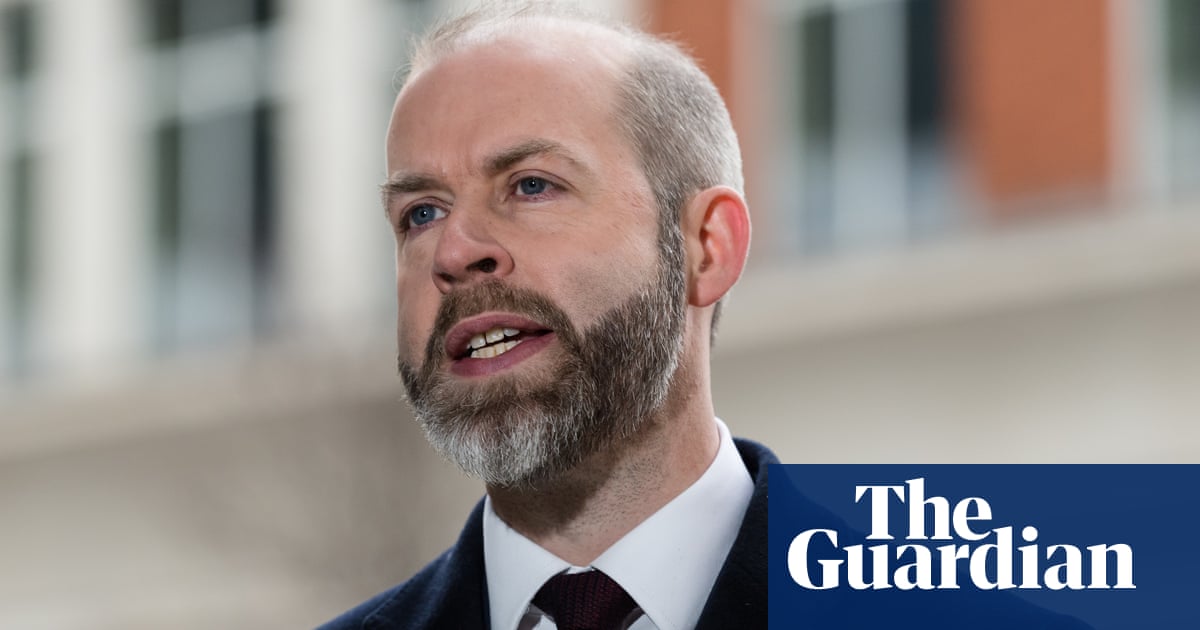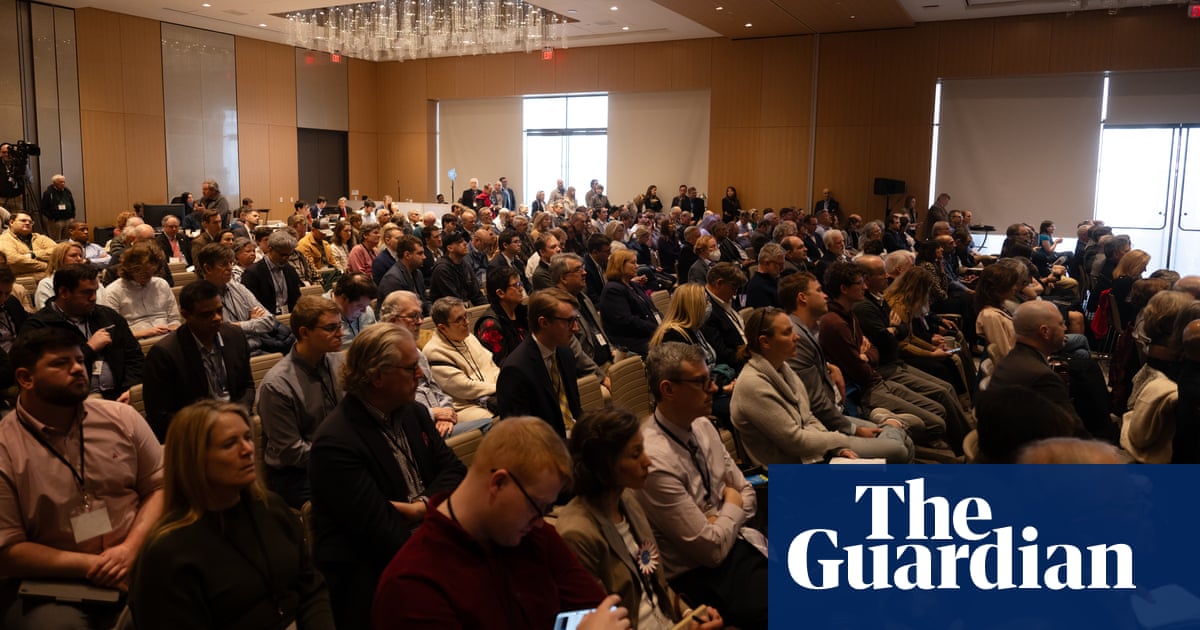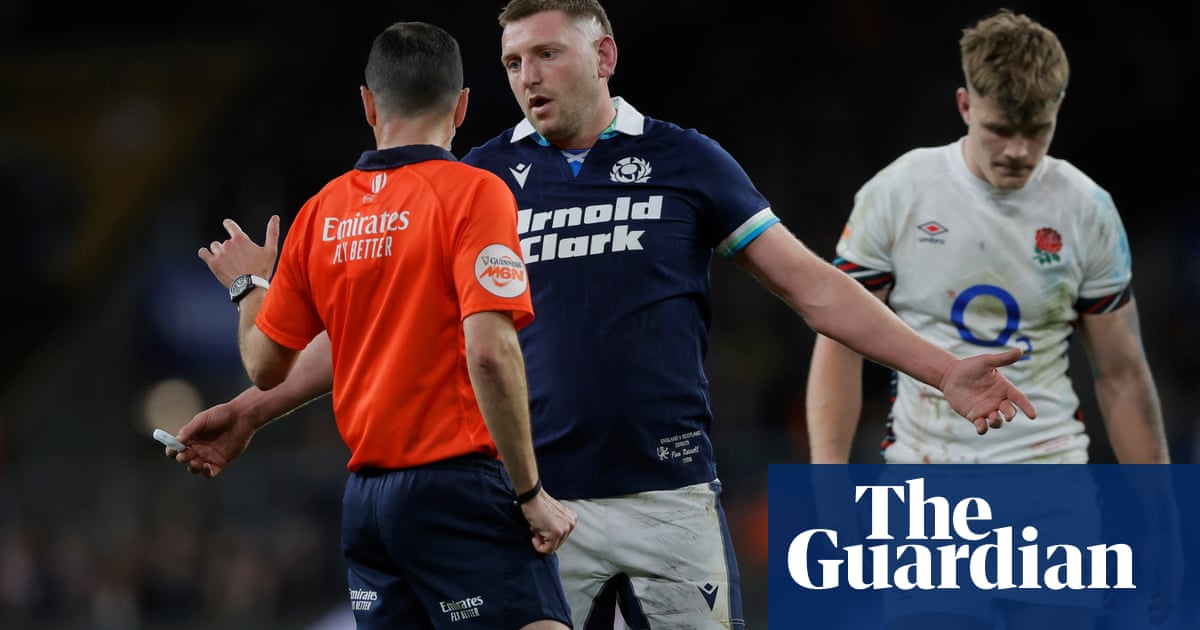Maria* says she did everything right. She studied hard at school, got a degree and then looked to climb the corporate ladder.
She found a job at an internationally recognised manufacturer, in a role in which she says she excelled at and loved. Then, Maria says, she was sexually harassed by a male colleague.
Within six months, Maria says she was forced out of her job and pressured into signing a non-disclosure agreement (NDA) as she settled her complaint with the company, for which she received some compensation.
The strict terms of the NDA meant Maria couldn’t speak to anyone about the alleged harassment.
She couldn’t tell her former colleagues or prospective employers why she left the company, or account for the gap in her resume caused by her needing time off to deal with her mental health struggles triggered by the alleged harassment.
“I couldn’t find another job in the industry, even when I’ve had very good interviews, because I know people talk. I have heard people talk about me, my story – stories they shouldn’t even know – and I can’t say anything,” she tells Guardian Australia.
“I feel like I’m being punished for something that happened to me.”
The use of NDAs to cover up sexual harassment became widely known after the #MeToo movement in 2017, particularly in cases involving the disgraced Hollywood producer Harvey Weinstein.
But less is known about their use in Australia.
Research by lawyers from the Human Rights Law Centre (HRLC) and the Redfern Legal Centre, published this year by the University of Sydney, found NDAs were considered “standard practice” in sexual harassment cases. It found 75% of legal practitioners have never resolved a sexual harassment settlement without including one.
“Every single solicitor said to us, ‘This is standard, this is what everyone does, this is how you resolve a sexual harassment case’,” says Regina Featherstone, a co-author of the report.
“This acceptance means lawyers are essentially making decisions for their clients without even considering what they want or need.”
However, a shift is under way. Victoria has become the first Australian state to commit to restricting the use of NDAs in sexual harassment cases. Others are expected to follow.
Maria, who has requested anonymity due to the legal risks of speaking out about her agreement, says she can no longer stay silent.
“I’m ashamed that we live in a society where this is commonplace,” Maria says.
“Victims are badgered into silence, pressured into signing these agreements because they have no other option.
“Once you’ve signed, you live in fear for the rest of your life.”
From trade secrets to sexual harassment
An NDA, or a confidentiality agreement, is a legal contract designed to protect confidential information. It may also include non-disparagement clauses.
Jeffrey Gordon, a lecturer at the University of Sydney Law School, said the agreements were initially used to protect trade secrets and commercially sensitive information, such as Coca-Cola’s recipe, and became increasingly popular in Silicon Valley during the 1970s tech boom.
“NDAs are pernicious – if they work, we don’t know about it,” he says.
Gordon believes they fail victims of harassment by preventing the sharing of experiences, which makes it harder for them to process their trauma.
“The other thing that they do, which is really problematic, is they fail to protect future victims. So folks who are unaware of the wrongdoing of a particular individual, are then heading into the lion’s den without any knowledge of their history,” he says.
Featherstone says the lack of transparency also makes it difficult to gauge the true prevalence of sexual harassment in workplaces.
She says the best estimate comes from a 2022 survey by the Australian Human Rights Commission (AHRC), which found one in three people experienced sexual harassment at work over a five-year period. Only 18% of these incidents were reported.
When the AHRC was conducting its landmark Respect@Work inquiry, it called on employers to temporarily waive NDAs so survivors could come forward anonymously. Only 39 companies agreed.
Bree*, a former tradesperson, says she signed an NDA when she left her job at a major company after settling a claim for alleged sexual harassment and bullying several years ago.
She says the harassment began when, as a safety manager, she refused to allow her staff to do a task she believed would put them at risk. Soon after, she says, her manager began spreading rumours she was having sex with the men on her team.
“When you are one of a handful of women at a company with thousands of guys, it’s hard enough to get respect as it is, let alone when you’ve got a manager slagging your reputation deliberately,” Bree says.
after newsletter promotion
Her job was central to her identity. When she left, she says she became depressed and isolated.
After struggling to find work in the industry, Bree was forced to return to study to find a new career.
“The injustice is that I can’t talk about what happened, but the perpetrator walks away unscathed. He gets to keep his job and I can’t find a new one,” Bree says.
Guardian Australia has also spoken to two retail workers from an Australian fashion label who have signed NDAs when settling their claims, but are too afraid to speak publicly. One said that while her payout was small, she fears she won’t be able to repay it if the company decides to take legal action for breaching the contract.
Outright bans and ‘permitted disclosures’
In 2021, the Can’t Buy My Silence campaign was set up by Julie MacFarlane, a Canadian law professor, and Zelda Perkins, a Weinstein victim-survivor, in a bid to ban NDAs in sexual harassment cases.
The campaign caught the attention of Wil Stracke in Melbourne, who contacted MacFarlane to get the Victorian Trades Hall Council involved.
“As a union official who negotiated settlements for workers for a whole range of issues, they always included confidentiality clause or a non-disparagement clause,” says Stracke, an assistant secretary at the trades hall.
Last year, Stracke took more than 50 women from various industries to Victorian parliament to meet with MPs to discuss NDAs. In August, the state became the first in the country to commit to an overhaul.
The government has finished consultation on possible reforms – including an outright ban on NDAs for sexual harassment cases unless requested by the complainant and the ability for the complainant to waive their own confidentiality in the future.
It is also looking at allowing “permitted disclosures” to certain groups, including health workers, police and prospective employers.
Some of the proposals mirror those introduced in Ireland, where a bill to restrict the use of NDAs in relation to workplace sexual harassment and discrimination passed parliament in 2023.
The legislation restricts the use of NDAs unless the complainant requests to enter into one and has been offered independent legal advice at the employer’s expense, along with other safeguards, including 14-day cooling off period, and permitted disclosures.
Some US states, including Hawaii, New Jersey and Washington, have also banned NDAs for sexual harassment cases.
Change could come in 2025
The Victorian government is expected to release a policy position soon, with legislation to be introduced to parliament in 2025.
“We know that NDAs have become the default in sexual harassment cases and victim-survivors often feel they have no choice but to sign up – that’s flat-out wrong,” said Jacinta Allan, the Victorian premier.
“This reform is about putting the voices of victim-survivors first – misuse of NDAs not only silences victim-survivors but protects perpetrators.”
A campaign to bring about a national ban will also launch next year by the newly formed Working Women’s Centre Australia.
Gordon welcomes reform, but urges governments to consider introducing a mandatory reporting of NDAs, which he says will go a long way to improving transparency.
“We’re struggling under this lack of data about NDAs,” he says.
“If companies were forced to report the number of them they enter into each year, that could not only lift the veil of secrecy but also hopefully encourage them to rely on them less.”
* Names have been changed

 2 months ago
50
2 months ago
50













































